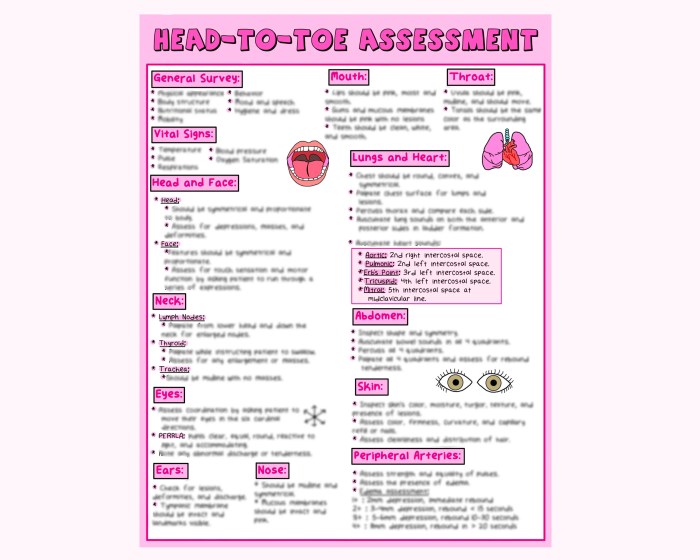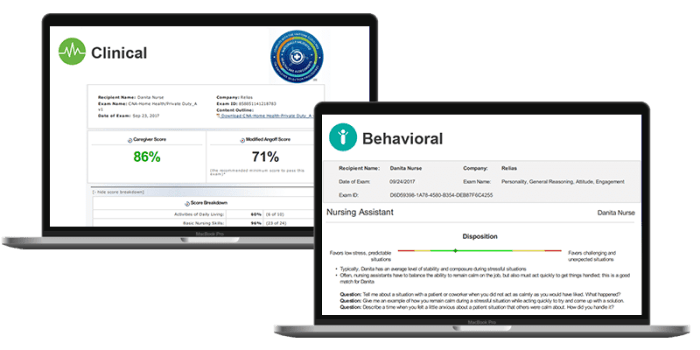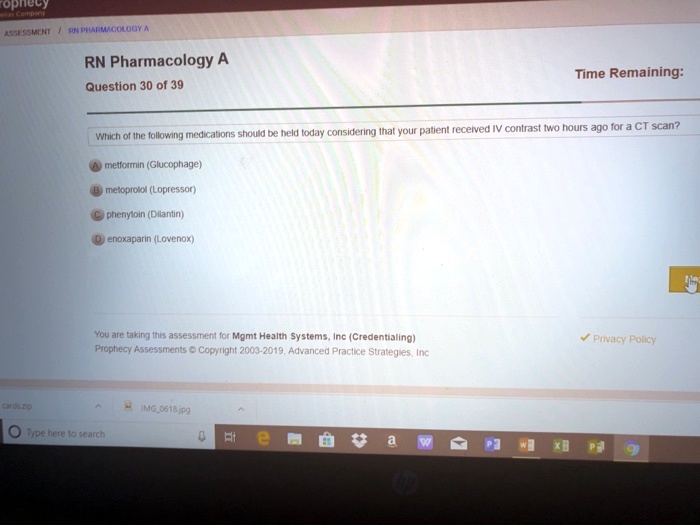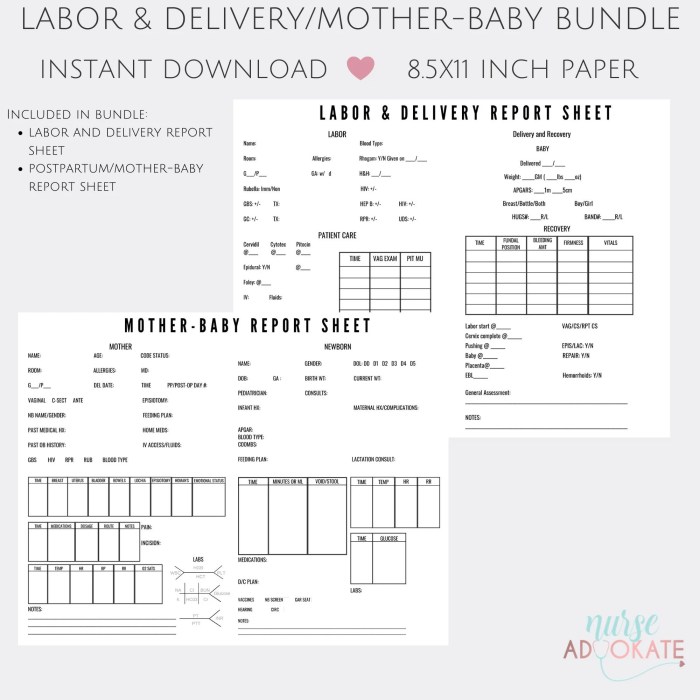Relias labor and delivery rn assessment a – The Relias Labor and Delivery RN Assessment is a comprehensive resource for nurses working in labor and delivery settings. This assessment provides a detailed overview of the nursing care of women during labor and delivery, including risk factors, complications, medications, interventions, fetal monitoring, and postpartum care.
This assessment is essential for nurses who want to provide safe and effective care to women during labor and delivery. It is also a valuable resource for nurses who are preparing for certification in labor and delivery nursing.
Nursing Assessment

A comprehensive nursing assessment is crucial for providing optimal care during labor and delivery. This assessment includes:
- Vital signs:Blood pressure, pulse, temperature, and respirations
- Physical exam findings:Leopold’s maneuvers, cervical dilation and effacement, fetal heart rate, and position
- Fetal monitoring parameters:Baseline fetal heart rate, variability, accelerations, and decelerations
Ongoing assessment and documentation are essential to identify any changes or deviations from normal and to guide timely interventions.
Risk Factors and Complications
Common risk factors for labor and delivery complications include:
- Maternal age (under 18 or over 35)
- Multiple gestation
- Previous cesarean section
- Gestational diabetes
- Preeclampsia
Potential complications include:
- Preeclampsia: Elevated blood pressure and proteinuria
- Gestational diabetes: High blood sugar levels during pregnancy
- Placental abruption: Separation of the placenta from the uterine wall
Nurses play a vital role in monitoring for these risks and implementing appropriate interventions to prevent or manage complications.
Medications and Interventions

| Medication | Indication | Dosage | Potential Side Effects |
|---|---|---|---|
| Oxytocin | Induction or augmentation of labor | 2-20 mIU/min | Uterine hyperstimulation, fetal distress |
| Epidural anesthesia | Pain relief during labor | Variable | Hypotension, nausea, vomiting |
| Magnesium sulfate | Prevention of seizures in preeclampsia | 4-6 g/hr | Respiratory depression, hypotension |
Nursing interventions include managing pain, preventing infection, and promoting labor progress through measures such as ambulation, position changes, and perineal care.
Fetal Monitoring
Fetal monitoring involves assessing the fetal heart rate and uterine contractions using:
- External monitoring: Doppler ultrasound
- Internal monitoring: Fetal scalp electrode or intrauterine pressure catheter
Nurses interpret fetal heart rate patterns and respond appropriately to abnormal findings, such as bradycardia or tachycardia, to ensure fetal well-being.
Labor and Delivery Stages

Labor and delivery progress through three stages:
- First stage:Cervical dilation (0-10 cm)
- Second stage:Fetal descent and birth
- Third stage:Placental delivery
Nurses support the mother and her partner throughout labor, providing emotional and physical comfort, and facilitating the birthing process.
Postpartum Care

Postpartum care includes:
- Monitoring vital signs and lochia
- Assessing for postpartum hemorrhage and infection
- Promoting breastfeeding
- Providing education on newborn care and self-care
Nurses play a crucial role in ensuring a smooth transition to motherhood and supporting the physical and emotional well-being of both the mother and newborn.
Essential FAQs: Relias Labor And Delivery Rn Assessment A
What is the Relias Labor and Delivery RN Assessment?
The Relias Labor and Delivery RN Assessment is a comprehensive resource for nurses working in labor and delivery settings. This assessment provides a detailed overview of the nursing care of women during labor and delivery, including risk factors, complications, medications, interventions, fetal monitoring, and postpartum care.
Who should use the Relias Labor and Delivery RN Assessment?
This assessment is essential for nurses who want to provide safe and effective care to women during labor and delivery. It is also a valuable resource for nurses who are preparing for certification in labor and delivery nursing.
What are the benefits of using the Relias Labor and Delivery RN Assessment?
Nurses who use this assessment will be better prepared to provide safe and effective care to women during labor and delivery.